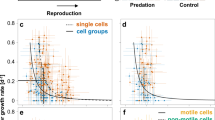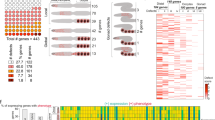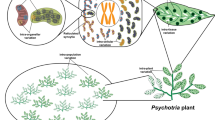Abstract
IF it were explained clearly in what respects an “acquired” character is more acquired and less innate, germinal, and inherited than an inborn trait, a real service would be rendered to science, and, possibly, a controversy which at present seems interminable might be ended. A unicellular organism distributes itself between its daughter-cells. Here, obviously, there is actual inheritance; and, if the acquirements of the parents persist in the offspring, there is inheritance of acquirements. But a multicellular organism does not distribute itself. It is a cell-community, and, so far as is known, offspring are derived not from it as a whole, but from particular members of it—the germ-cells. There is thus no inheritance from the parent in the sense that there is inheritance among unicellular types. For example, the child does not inherit the parent's nose, leaving the parent derelict. The latter keeps the whole of his nose for himself.
Similar content being viewed by others
Article PDF
Author information
Authors and Affiliations
Rights and permissions
About this article
Cite this article
REID, G. The Mnemic Theory of Heredity. Nature 88, 585 (1912). https://doi.org/10.1038/088585a0
Issue date:
DOI: https://doi.org/10.1038/088585a0



